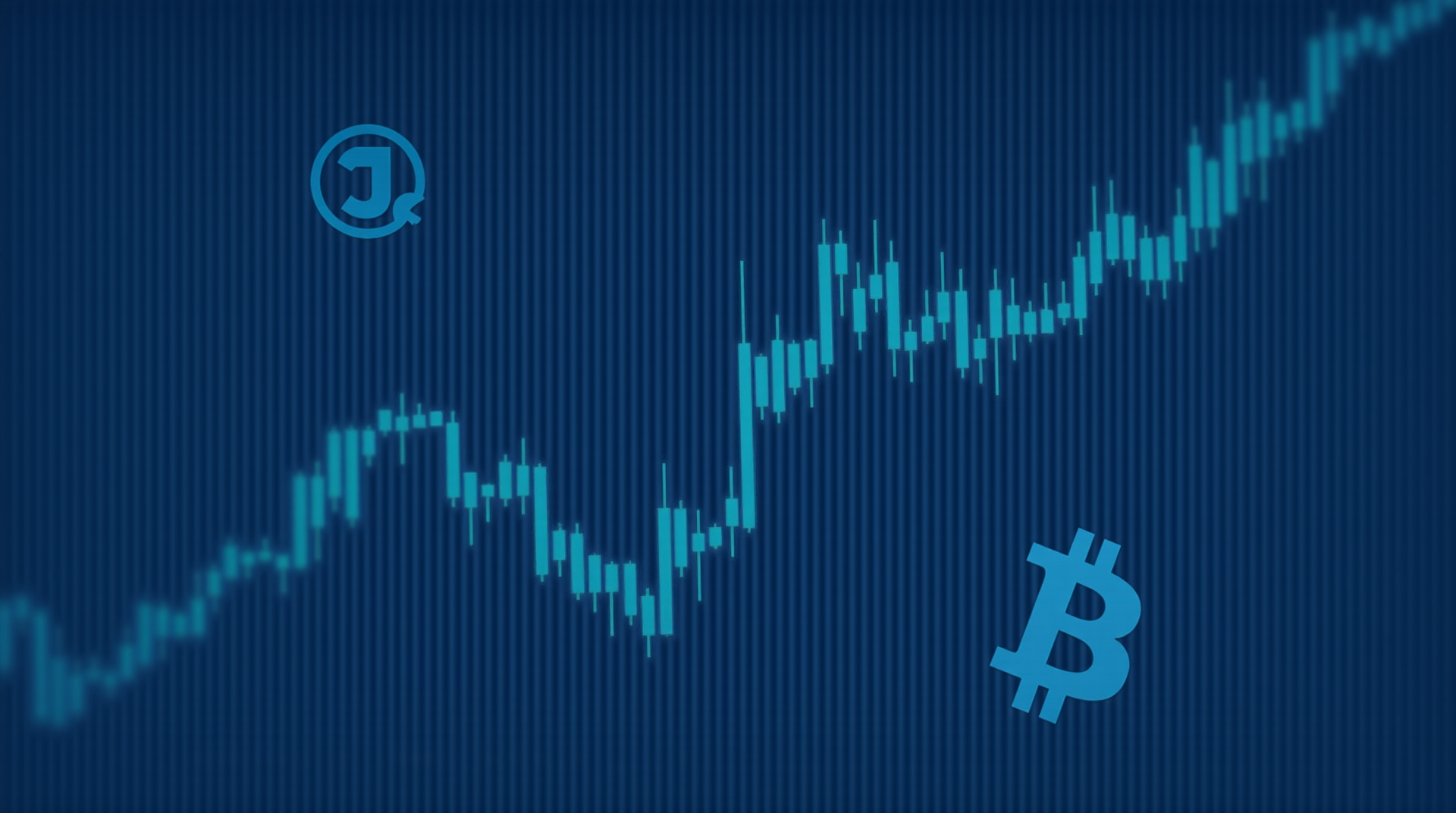Robinhood included in the S&P 500 while Strategy is excluded, triggering index-driven moves and a debate on crypto exposure
Robinhood recorded a gain of nearly 15% after its inclusion in the S&P 500, driven by automatic purchases from index funds, while Strategy was left out and suffered a moderate decline. Management and several analysts downplayed the immediate impact by defending Strategy’s bet on Bitcoin, but the market reaction highlighted the power of passive flows and index committee decisions.
Immediate market reaction
The confirmation of Robinhood in the S&P 500 triggered buying flows from ETFs and funds that track the index, producing a rapid bullish reaction in its share price; in parallel, Strategy’s exclusion generated technical selling that led to a drop in its stock, even as executives and some analysts described the event as having limited long-term impact on the company’s strategy.
Index mechanics and criteria
Inclusion in a major index forces passive managers to adjust portfolios, creating temporary demand and price boosts for added names, especially for liquid companies, while removals eliminate that passive support and can amplify volatility for securities seen as higher risk or non‑traditional. The S&P 500 committee combines quantitative factors like market capitalization, liquidity and earnings with qualitative judgments about suitability, and material exposure to digital assets likely weighed against Strategy in the committee’s assessment.

Implications for crypto and benchmarks
The exclusion of firms with crypto exposure underscores frictions between traditional indices and decentralized assets, prompting calls from the crypto community for alternative infrastructures and indices that better incorporate companies whose business models rely on digital assets; without such alternatives, external committee decisions can act as an indirect veto on sector representation in major benchmarks.
Indexed flows explained Robinhood’s immediate rise and Strategy’s drop, but the medium and long term will depend on operational results, companies’ strategic choices and regulatory developments, meaning that while passive managers dominate short‑term price dynamics, sustainable performance hinges on fundamentals and how exposure to digital assets is ultimately valued by markets and index providers.


